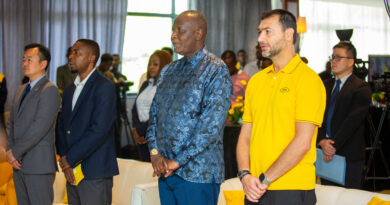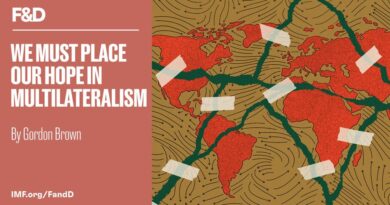Indigenous Knowledge System Crucial in Wetland Conservation
This week, Zimbabwe hosted the #COP15 of the Ramsar Convention in Victoria Falls under the theme “Protecting Wetlands for Our Common Future”.
The global spotlight is shining on the country’s wetland ecosystems — and the urgent need to conserve them.
One of the key issues that should be hammered during the summit is the need to incorporate indigenous knowledge systems in wetland conservation.
Wetlands, often described as the kidneys of the earth, play a vital role in water purification, flood regulation, carbon sequestration and biodiversity support. Yet, these ecological treasures continue to be degraded, drained and encroached upon at an alarming rate.
While much of the discourse around wetland conservation centres on scientific research, technological innovation and policy frameworks, one essential component remains chronically underutilised — indigenous knowledge systems (IKS).
The Paris Agreement (2015), in its preamble, acknowledges that parties should respect, promote, and consider indigenous and traditional knowledge systems as valuable in tackling climate change.
In Zimbabwe and many parts of Africa, traditional knowledge has long guided community-based conservation, including the sustainable use and protection of wetlands.
Ignoring these knowledge systems is not only a missed opportunity but a critical gap in crafting locally relevant and culturally embedded solutions to environmental challenges.
Zimbabwe’s wetlands — from the highveld dambos of Mashonaland to the floodplains of the Save and Zambezi Rivers — have traditionally been managed by local communities through customs, taboos and rituals that align human activity with natural cycles.
For example, in many areas of Manicaland and Mashonaland, sacred wetlands known as zvitsvene were protected through spiritual beliefs that prohibited cultivation, defecation or cutting of reeds within their vicinity. Such taboos, enforced by traditional leaders and spirit mediums, acted as powerful social deterrents that ensured ecological integrity.
In Buhera district, local elders recount how certain wetlands were reserved strictly for collecting water during droughts, with rules governing access and use. These unwritten laws — passed orally through generations — constituted an indigenous form of environmental governance, deeply rooted in respect for nature and communal stewardship.
Today, many of these cultural protections are eroding, partly due to urbanisation, modern religion, and the breakdown of traditional authority. But their relevance remains.
The modern approach to wetland conservation tends to be top-down, driven by external experts, government agencies, or international organisations.
While well-intentioned, such models often overlook the lived realities of local people who directly depend on wetlands for food, water and livelihood.
Moreover, when conservation is imposed without community input or cultural sensitivity, it risks alienating the very people it needs as allies. Integrating indigenous knowledge into conservation policy can bridge this gap.
Furthermore, indigenous knowledge enhances climate resilience. As wetlands come under increasing pressure from erratic rainfall and prolonged droughts, traditional ecological indicators — such as the flowering of certain plants, movement of migratory birds, or behaviour of frogs — can offer early warning signs of environmental change. These indicators, once dismissed as folklore, are increasingly being validated by climate science.
To institutionalise indigenous knowledge in wetland conservation, Zimbabwe needs more than lip service.
Firstly, there must be deliberate inclusion of traditional leaders and knowledge holders in environmental policymaking, from rural district councils to national boards.
Secondly, education curricula — especially at primary and secondary levels — should include indigenous environmental practices to foster pride and continuity.
Lastly, platforms such as the COP15 must elevate indigenous voices not as guests or witnesses, but as co-creators of solutions.
As host of COP15, Zimbabwe has a unique opportunity to champion a more inclusive conservation paradigm — one that recognises the wisdom of ancestral knowledge alongside the insights of modern science. This is not about romanticising the past, but about acknowledging that sustainability has always been part of African heritage.
IKS are not relics of a bygone era; they are living, dynamic frameworks capable of guiding contemporary ecological stewardship.
In the words of an old Shona proverb, “Chara chimwe hachitswanyi inda” — one finger alone cannot crush a louse. Similarly, no single knowledge system can solve the complex challenges facing our wetlands. But by uniting science and tradition, policy and culture, we can better protect these ecosystems — not just for ourselves, but for generations to come.
Protecting wetlands is not just about environmental preservation; it is an investment in our common future. If we fail to act, we risk losing one of nature’s most powerful allies in the fight against climate change. The time for action is now.



